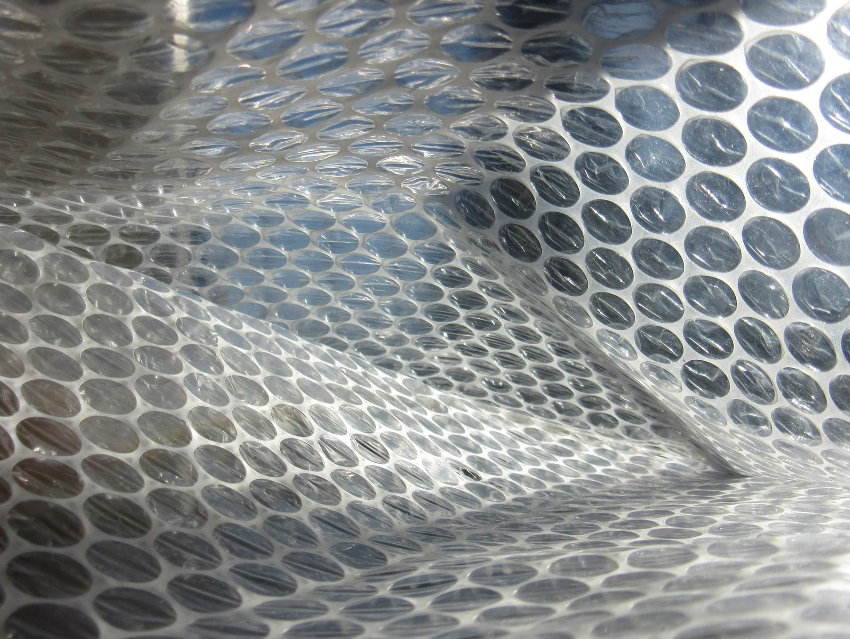Enzymes can be used as catalysts in biotechnological processes. However, the harsh conditions in these processes can reduce the activity of the enzymes. Encapsulating the enzymes in porous materials can protect them, e.g., from heat, acids, or other denaturing agents. However, this can make it difficult for the substrates to reach the enzymes.
Christopher J. Sumby, Christian J. Doonan, University of Adelaide, Australia, Nicholas G. White, Australian National University, Canberra, Paolo Falcaro, University of Adelaide and Graz University of Technology, Austria, and colleagues have shown that porous hydrogen-bonded organic frameworks (HOFs) can be used to encapsulate enzymes and protect them from harsh conditions while retaining their activity. HOFs are crystalline porous materials held together by hydrogen bonds between organic components. They are metal-free and can have bigger pores than other materials, e.g., zeolitic imidazolate frameworks (ZIFs).
The team prepared HOF-based biocomposites composed of tetraamidinium and tetracarboxylate building blocks as well as the enzymes fluorescein-tagged catalase (FCAT) or fluorescein-tagged alcohol oxidase (FAOx). The networks were prepared by adding solutions of the two building blocks to a solution of the enzyme. The researchers found that the HOF can protect the enzymes from conditions that would typically lead to activity loss. The larger pores of the HOF allow for a higher activity than when the same enzymes are encapsulated in a ZIF.
- Enzyme Encapsulation in a Porous Hydrogen-Bonded Organic Framework,
Weibin Liang, Francesco Carraro, Marcello B. Solomon, Stephen G. Bell, Heinz Amenitsch, Christopher J. Sumby, Nicholas G. White, Paolo Falcaro, Christian J. Doonan,
J. Am. Chem. Soc. 2019.
https://doi.org/10.1021/jacs.9b06589




